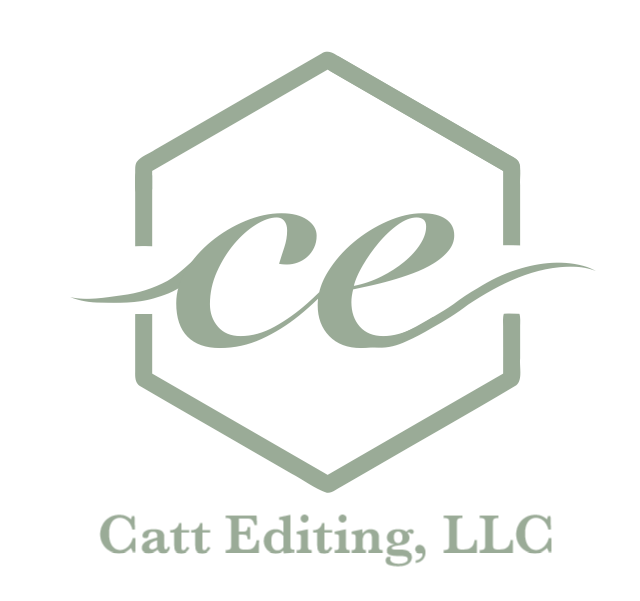Chapter and Book Length
“How many chapters should I write?”
“How many words per chapter?”
Beginner writers often ask how long their books and chapters should be. If you ask six writers, you’ll get six completely different responses about chapter length. This is because it doesn’t really matter. Have you ever read a book and thought, Wow, these chapters are so long/short, I’m going to stop reading this? No. You’ve never thought that.
You may have thought an entire book was too long or short though. Sometimes this does matter, depending on the genre. If a fiction book is too short, it’s actually not considered a novel at all—it’s a novelette or novella!
Below are “normal” story lengths to guide you. (Normal is in quotes because different publishers and associations have slightly different cut-offs.)
Flash fiction: under 1,000 words
Short story: 1,000–7,500 words
Novelette: 7,500–20,000 words
Novella: 20,000–50,000 words
Novel: 50,000+ words
[Tip: Divide the number of words by 250 to get an approximate page count. This only works for 6” x 9” books with standard formatting, and no pictures, tables, or graphs, but it’s an estimate.]
Are there differences between these story lengths other than word count? Kind of. By default, the shorter your story is, the less world building, character development, and subplots you can have. There are also very few subplots in stories less than novel length, and there’s normally only one main character that develops until you get above 50,000 words. These aren’t rules; this is just how it normally goes. If you can flesh out five main characters that each develop and introduce multiple subplots in a flash fiction, you go! But it’s unlikely to happen. . . .
Word Count by Genre
Each broad genre has its own average word count as well. These averages are much more agreed upon than word counts for novelettes and novellas. The numbers below do not mean your science fiction novel will fail at 80,000 words, but avid readers of a certain genre probably expect a certain length. Don’t let that discourage you from telling your story how it needs to be told, just keep these in mind when editing.
Fiction
Young adult: 50,000–80,000 words
Thrillers, horror, mysteries, crime: 70,000–90,000 words
Romance: 70,000–100,000 words
Historical fiction: 80,000–100,000 words
Science fiction or fantasy: 90,000–120,000 words
Nonfiction
How-to or self-help: 25,000–50,000 words
Standard informational: 50,000–80,000 words
Memoir: 60,000–100,000 words
Biography: 80,000–200,000 words
Most adult books dance around 80,000 words. If your fiction book is more than 110,000 words after editing it down, consider splitting it into two novels because that’s getting a little long for the average reader.
Nonfiction defies all rules—as you can see above, biographies can be up to 200,000 words. That’s probably because famous people write biographies, and they do whatever they want because people will buy their book anyway. For example, Barrack Obama’s biography, A Promised Land, is around 230,000 words. And a ton of people read that! And self-help books are around 45,000 words. If that were fiction, that wouldn’t even be a proper novel!
Chapter Length
Chapters are meant to give the reader a break. (Can you imagine watching all Lord of the Rings movies in a row without breaks? No thanks.) It also lets you make large changes in setting, perspective, or topic without it being too jarring for the reader. In general, chapters range between 1,500 and 5,000 words with 3,000–4,000 words being the average. (Please don’t take that too seriously!)
Nonfiction
Nonfiction chapter breaks depend on the material you’re writing about. A biography is probably broken up by time: a few chapters about childhood, a few chapters about adolescence, a few chapters about early adulthood, etc.
A standard informational book about psychology has as many chapters at whatever length you need to tell all your information. However, if your book about vegetables is separated into chapters of 4,000 words (one per vegetable), and then there’s a 1,000-word chapter about broccoli, I’m going to think you don’t like or know that much about broccoli. So, it helps to keep all chapters roughly the same length in this genre.
Fiction
In addition to the reasons I mentioned above about chapter breaks, in fiction, you can create different effects with the chapter lengths as well. Of course, there’s the good old cliff hanger at the end of a chapter. Or as Reedsy pointed out, chapters get shorter and shorter in The Fault in Our Stars as Hazel and Gus’s time together shortens. Or if your novel has an average chapter length, and then you throw in one chapter way off the average, it’ll get the reader’s attention. This is getting kind of complex though. When in doubt, stick to the average.
Write your first draft first. Get it all on paper and take as many pages as you need to tell the story. When you’re ready to self-edit, see how your word count sizes up to the averages in your genre. This can guide you when editing: should you add more development and conflict, or cut some out? Don’t stress too much about word count. Just write. :)
Good luck writing!
To get updates about more free tips and advice from experts (like this), make sure to subscribe here!
